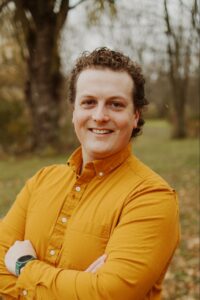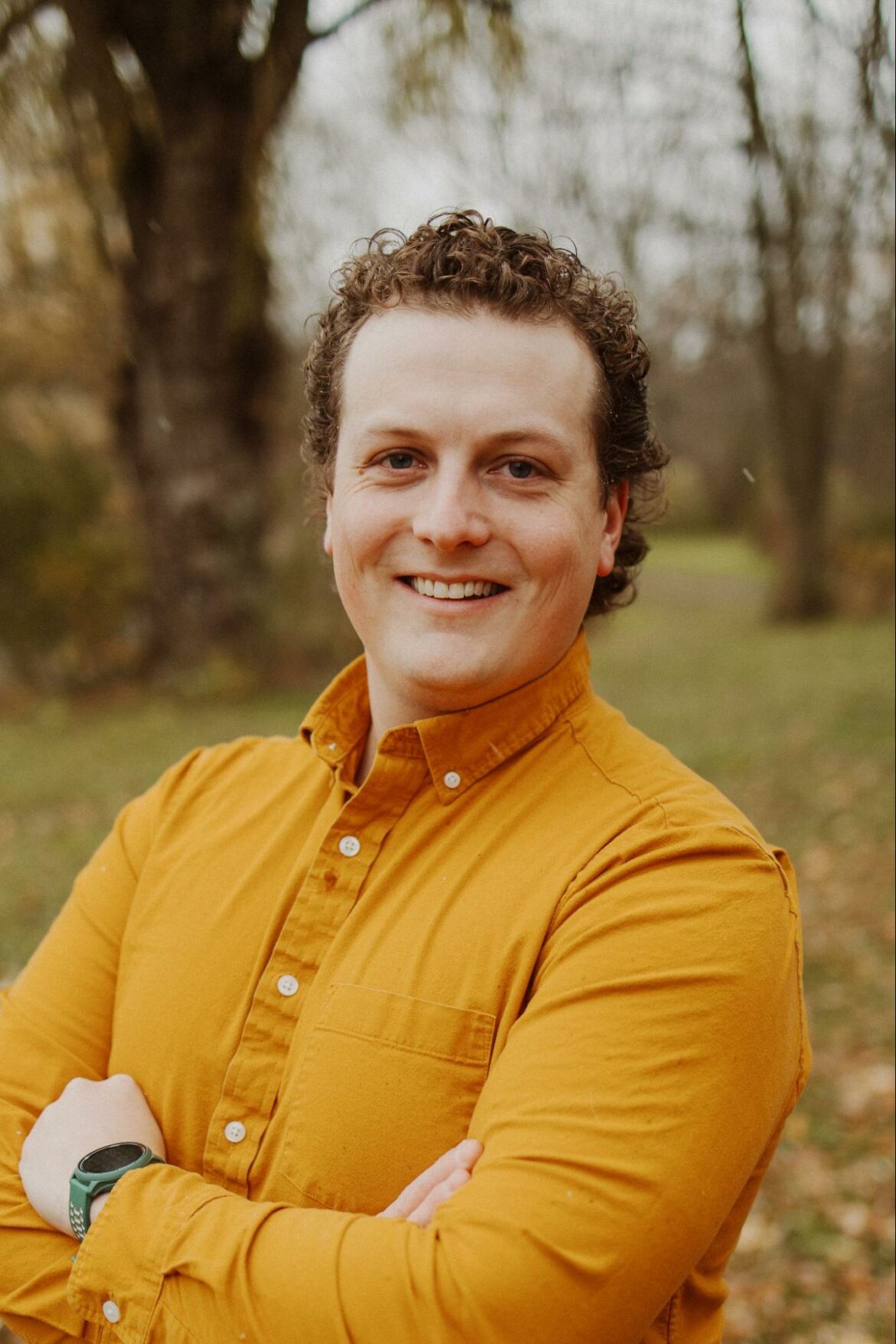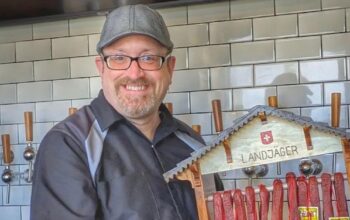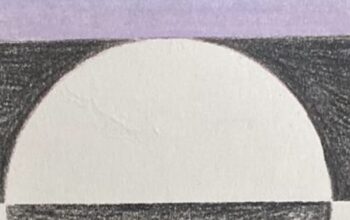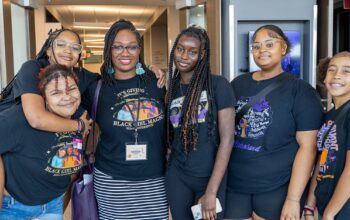Ever since Donald Trump’s presidential run in 2016, “fake news” has been a highly debated topic across the United States. Misinformation has become a cultural phenomenon that has dominated our society, with the Madison area being no exception.
As more people recognize the importance of ensuring people are well informed, for the health of democracy, media literacy courses are becoming a core component of many curriculums across the U.S. One such course is currently combating the spread of misinformation right here in Dane County.
This semester, Sam Molzahn, a reference and technology librarian at the Franklin Public Library, is the chief instructor of “That’s Fake News! The Library’s Role in Addressing Misinformation in Your Community,” a continuing education course offered by the School of Information at UW-Madison that addresses how local libraries can help to create a more media-literate and aware community.
What do you think is the biggest challenge our community faces?
I’d have to go with social media. I spend a lot of time in this class talking about it. There’s really no vetting for information. You know if a newspaper is going to write something, the writer has to do it, the editor looks at it, it has to get cut and then put into the paper and edited. With social media, anybody can type up a post, share it instantly, and hundreds and hundreds can keep sharing that post.
So even if Facebook goes, “Hey, this post is misinformation; we’re going to flag it and remove it,” it can be up for a day or two and the damage is already done. So, really, just pausing and thinking about what you’re consuming. And if it’s that inflammatory, clickbait headline that you either instantly agree with or instantly get outraged about, you need to make sure you look at other sources.
That’s my biggest thing: To make sure you look at other sources. Especially if it’s sensational, look [to see] if other places are reporting it and get outside your bubble of the media you’re consuming right now. With social media, stuff can spread so quickly. There are so many users that you don’t know who originally shared that, or wrote it, and how it came across to you.
What do you wish people in our community understood better?
Anybody can make anything sound official — you can create a website with a semiofficial-sounding name and post links to it. You have to make sure to look and see, is there an author page, or is this something that somebody just typed up with absolutely no accountability?
Something that I’ve seen pushback about is fact-checking websites like Snopes and Politifact, where people say, “Those are biased towards one way; I can’t trust those either.” Well, they have pages on their website that [explain their] vetting process from start to finish. It’s very thorough — multiple people look at it, those people write up a report, multiple other people look at that report, and they weren’t involved in any information gathering. So it’s not as easy as people reduce it down to be. You can trust those websites.
What is one change you would make if you could that would make life better for people in
our community?
Libraries — and I talk about this [in] one of the lectures I do — are a place for trusted information. People go to the library at every stage in their life to find good materials. The books we check out are selected for a reason. Reference librarians are asked a number of questions, and people trust them, trust their responses.
Whether that’s public, academic, school libraries — people trust libraries. It’s about providing good quality materials. [Librarians] go through a selection process for purchasing materials, and then combating misinformation when we see it. Which again, depending on your community could be a lot, could be a little; you may have some freedom to squash misinformation, or you may not. But certainly any library can have a role, even if that’s just providing a list of resources.
What in our community gives you hope?
I definitely think just making people aware of their media consumption and media literacy is a really positive step forward. Every person that takes this class, or a class like it, or even just reads articles, can have an impact on multiple people. I think especially starting with younger generations, teaching them how to find good sources. I was born in 1992. The internet was there, but it was all dial-up. So if I ever had to research something, it was in books, and you had that source right there and everything was cited. But with kids nowadays, so much is online. There’s just not enough being printed in books, so schools need to educate people on how to look for sources online, [where] there’s just so much information. So, just spreading media literacy and really just taking time to understand the material they’re reading will be huge going forward.
This interview has been edited for brevity and clarity.
